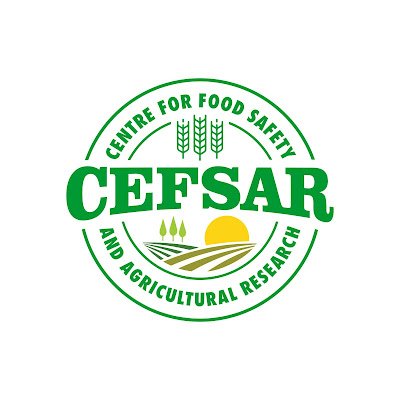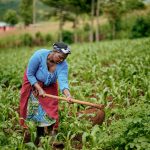The Centre for Food Safety and Agricultural Research (CEFSAR), a non-governmental organization, is inviting stakeholders to engage in discussions regarding the safety and implications of Genetically Modified Organisms (GMOs) in agriculture. CEFSAR’s Director of Operations, Segun Adebayo, emphasizes the importance of this open dialogue to ensure informed choices and prioritize public health concerns. Rising instances of health issues among children have raised questions about the potential risks associated with GMOs, prompting CEFSAR to advocate for a balanced understanding and awareness about genetically engineered crops.
When new instructions are inputted into GMOs, the question arises: who created these instructions, and what do they entail? Genetic traits, passed through heredity, are crucial to consider. Adebayo highlights that the marketers and seed sellers are responsible for writing these instructions.
He also points out a concerning aspect of GMOs: many of these seeds are sterile and cannot be replanted. This may lead to a loss of food sovereignty, as sellers of GMOs could impose strict conditions for future seed releases, resulting in financial losses for farmers. Adebayo further explains that after the first generation of GMO crops, the yield may decline significantly, leaving farmers dependent on buying seeds from these sellers.
The country may find itself in a neo-colonialist situation by relying on seed sellers for agricultural needs, potentially exposing ourselves to unknown risks. Adebayo raises concerns about the possibility of seed sellers withholding seeds or demanding legislative changes as a condition for supply.
He highlights two hazardous chemicals, glyphosate and atrazine, commonly found in GMOs for pest and weed control. Glyphosate, a leading cause of cancer worldwide, can be absorbed by GMO crops and eventually consumed by humans. Atrazine, a pesticide, has been linked to male feminization due to its effect on hormone production, which may contribute to cancer development.
The CEFSAR Director of Operations emphasizes the connection between food security and national security, suggesting that addressing issues hindering farmers could solve food security problems without relying on GMOs. He calls for educating various stakeholders, including farmers, citizens, policymakers, to prevent decisions based on ignorance.
Chris Iyama from the Centre for Youth Participation, Dialogue, and Advocacy Africa (CYPA) urges the Ministry of Agriculture and Food Security, NAFDAC, National Biosafety Management Agency, and lawmakers to engage in a comprehensive discussion on GMOs. He also mentions a planned rally in Abuja to raise awareness about the dangers of GMOs.





